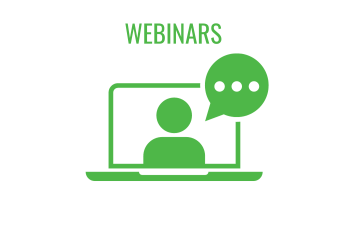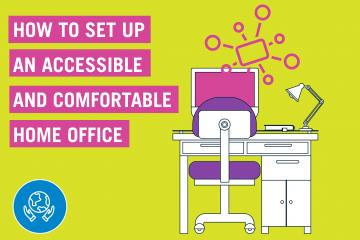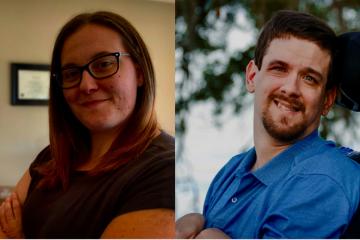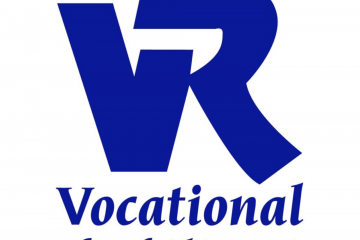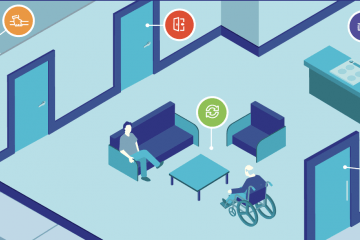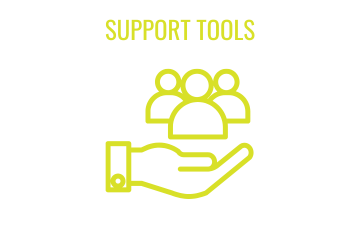To Disclose or Not To Disclose Your Disability on Job Applications
If you have any disability, then you probably have pondered on this question once, or ten times, before: should I self-disclose my disability on the job application form? Unlike going into the job interview, where your visible disability cannot be concealed, the power lies ultimately in you to check that box on the form.
When I was going through the job application process, I ran a mini-experiment. On some, I left the whole Equal Employment Opportunity Commission self-disclosure section blank, not even disclosing my gender or race. On others, I revealed everything, including my disability — on a handful I selected the “I prefer not to disclose” option, which many people believe to mean, “yes, I have a disability, but prefer not to tell you now. I struggled tremendously with this portion of the job application forms. It almost made the actual application -- submitting a resume and cover letter — seem much easier in comparison.
After filling out a few dozen (yes, dozen) applications, I noticed a pattern: I’ve received far more interview offers from job applications in which I did not disclose anything on my identity than from the ones where I did. Although this was not the case every single time — I received a handful of interview requests although I had disclosed my disability. However, the pattern was noticeable enough to call it a trend.
There is no one-size-fits-all approach to this, neither in theory nor in practice. The Americans with Disabilities Act does not require you to disclose your disability when you get hired, in an interview, or on the application. Legally, employers cannot ask anything prying in an interview and cannot discriminate against you based on disability if you can perform the duties of the job with or without reasonable accommodations. (If you need advice on requesting accommodations at work, read my other blog post here.)
I have two ways of viewing this issue of disclosing your disability. On the one hand, I fear that employers would see me merely as a diversity hire, to check off the box on their end. On the other hand, I know that there still are negative perceptions of disability, and I don’t want that to prevent me from even getting my foot into the door. The mainstream public still puts all disabilities into one category and therefore sees all people with disabilities the same, when in actuality, even one disability, like CP, can have a broad spectrum. When this concept is applied to disabilities as one entity, the range is immeasurable.
However, choosing whether to disclose the information on the online form is the only time I have agency over my disability. My CP becomes apparent whenever I make a move or say a word; there’s no way of “concealing” it. It is in little snippets of moments — like checking that box on the job application — that I can be seen as just a person, not as a disabled person. I often feel as if I’m pressured to disclose my disability right after I receive the interview offer, mainly because my CP affects my speech, which is the major component of the interview process. I don’t want the interviewer to feel blindsided by this significant part of my identity. Just as my first name identifies me as female and from my last name, one can assume that I’m Asian, my disability is as significant as those two other characteristics when identifying me.
As I progress in my freelance career, I’m realizing more and more that my disability is at the core of my existence, as it relates to all aspects of the work I do as a journalist and writer. The way I conduct source interviews, the angle in which I approach a story, and the motivation behind my work — all stem from my lived experiences as a woman with a disability. Also, since I work in media, I have a significant online presence, so an employer, or anyone, can quickly figure out I live with cerebral palsy.
Now, I see that disclosure option as an opportunity to claim my disability proudly. If employers are going to automatically toss my application at the sight of the “d” word, then their workplace probably doesn’t embrace the true meaning of diversity and inclusion. And I don’t want to work at a place where my core values are not respected.

